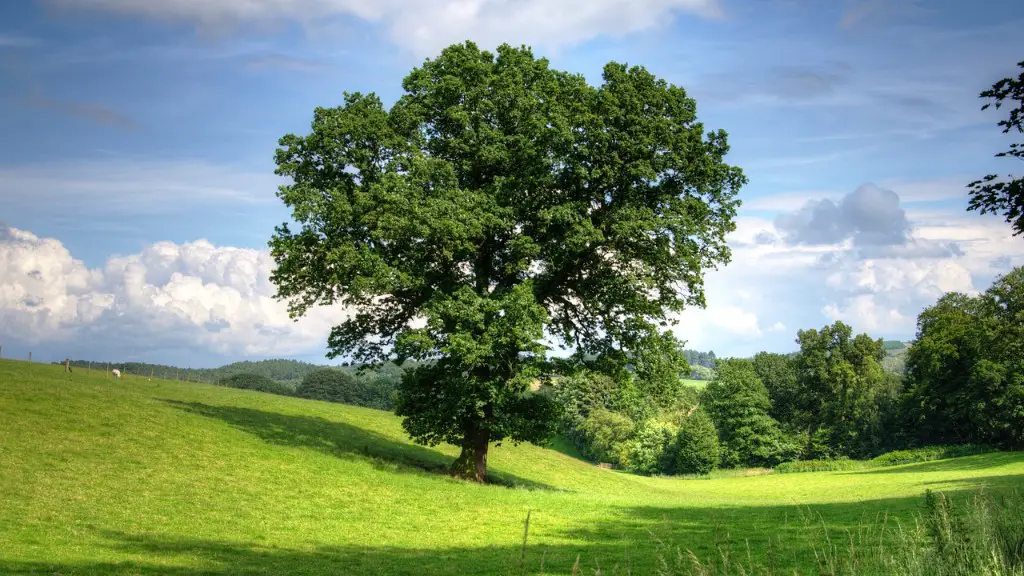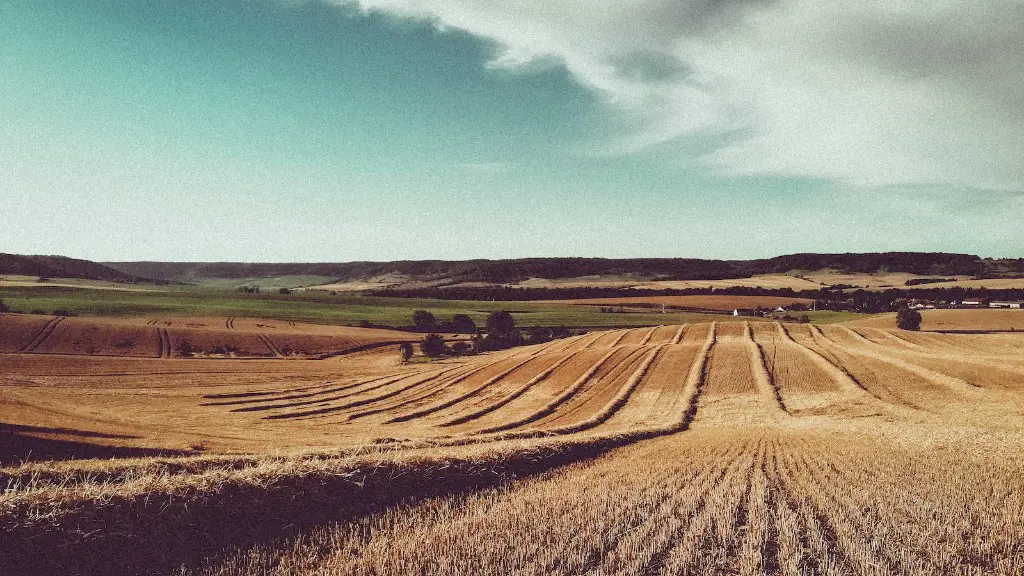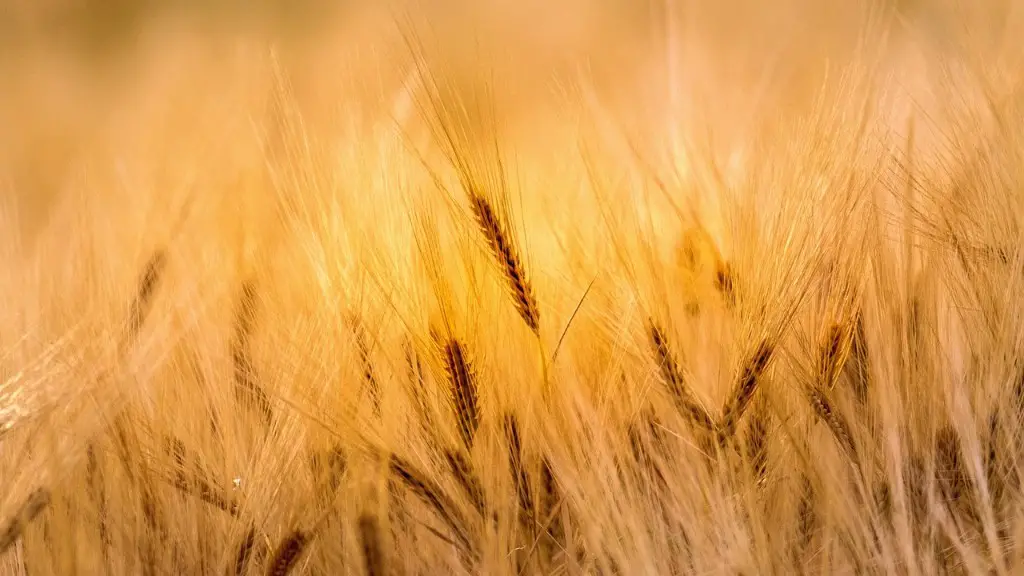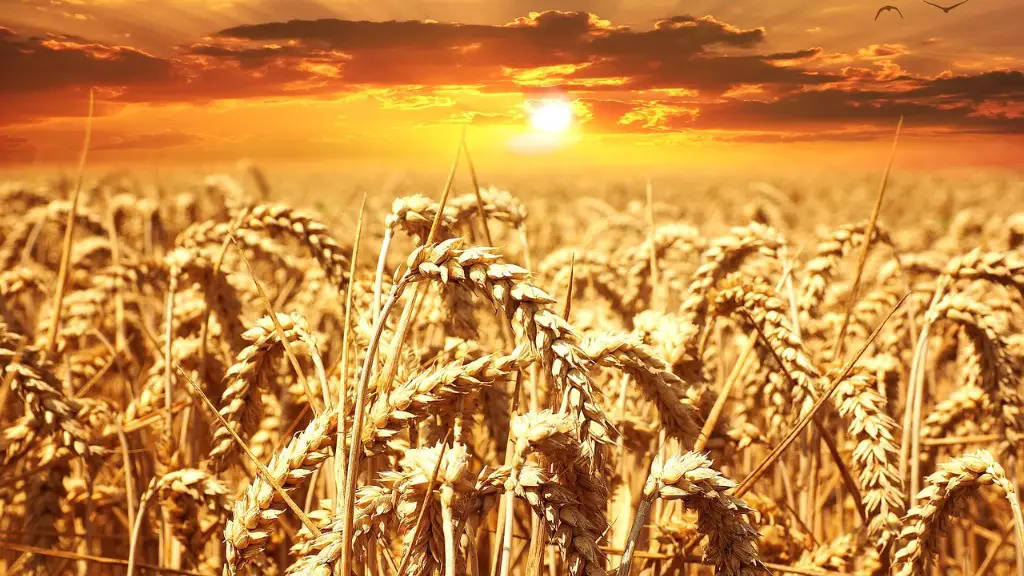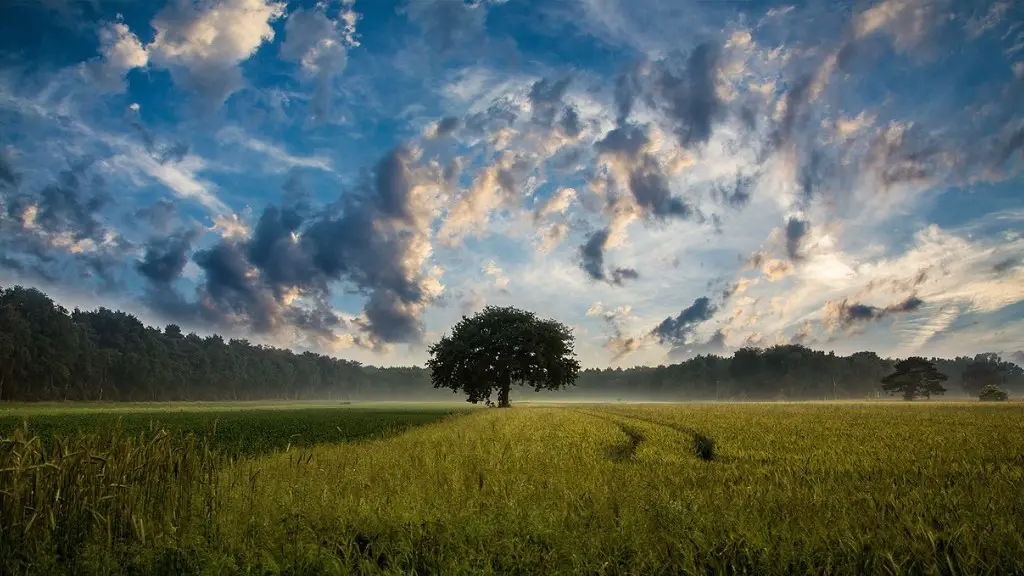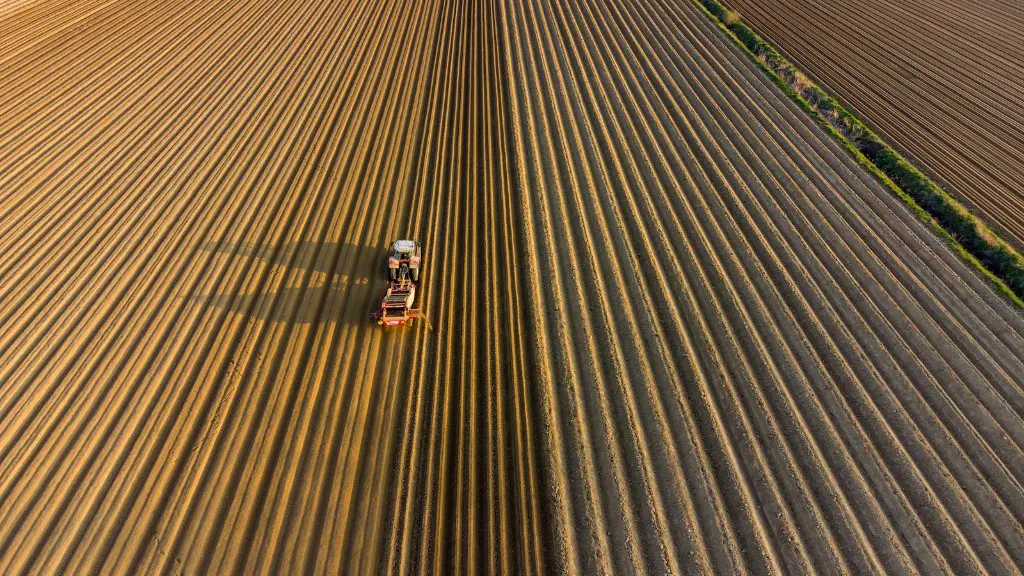Food and agriculture workers are people who are involved in the production, processing and distribution of food from the farm to the grocery store to the dinner table. They are at the heart of the global food system and play an essential role in ensuring the adequate supply of safe, nutritious and affordable food to people everywhere. The job of food and agriculture workers is multifaceted, and involves a variety of agricultural, horticultural, livestock and forestry practices. They are employed in a wide range of industries, such as food production, packaging and distribution, processing, transport, retail and catering services.
The agricultural sector is a major provider of employment in many countries, and includes roles in crop production, livestock and poultry farming, and the supply and distribution of their products. The industry also employs workers in the growing, harvesting, packing and processing of food. Food production workers are responsible for ensuring safe, hygienic and efficient production of food products. Processors and distillers collect, package, store and ship food in accordance with food safety requirements.
In the agricultural sector, workers are often employed in the fields, orchards and nurseries to plant, fertilize and harvest crops. They use manual and mechanized tools, and use pest control to ensure crops are healthy and safe for consumption. Livestock farmers and workers tend and care for farm animals, and work in farms, dairies, ranches and poultry and fish production centers. In some countries fishing and aquaculture are an important part of the food supply, and Fishers and Aquaculture workers are employed to harvest and process fish and seafood.
The transport and storage sector is essential to the global food supply chain and employs workers to transport food products from the farm or processor to the retailer or consumer. Storage workers maintain items, such as grains and cereals, fruits and vegetables and food products in warehouses and storage facilities. Retail workers provide customer service in grocery stores, and prepare and serve food in restaurants and food service outlets.
Food and agriculture work is an important contributor to economic development and, as demand for global food supply increases, so too does the need for highly trained and dedicated workers in the industry. In order to ensure food safety and quality, food and agriculture workers need to be knowledgeable in biology, food safety, nutrition and safety protocols, production processes, storage and distribution, environmental regulations and quality assurance. Proper training, education and certification is essential for successful and safe operations of the global food system.
Crop Production
Crop production includes the activities of planting, harvesting and processing of grains, fruits, vegetables and other crops. Planting, tillage and cultivation involve preparation of the soil, sowing the seeds and the use of fertilizers and pest control to ensure a healthy and successful harvest. Harvesting is carried out using mechanized equipment such as combines, tractors and reapers, and involves drying and processing of the crops.
Crop production also involves the storage of the harvest for future sale and use. There are various methods of storage, including refrigeration, freezing, canning and other canning processes. Food production workers are responsible for ensuring the quality of the food products from the field to the consumer. This includes cleaning, sorting, grading, packaging and labeling of the food products.
Quality control is an important part of food production, and involves testing and inspection of the food to ensure it meets government safety standards. For example, testing may include checking for harmful levels of contaminants such as pesticides, pathogens, allergens and heavy metals. Quality control personnel monitor the production process, identify and document any potential risks, and work to mitigate those risks.
Food production workers also have a responsibility to ensure the sustainable production of food. This includes the use of resources such as water, land and energy in a sustainable manner, minimizing waste and reducing pollution. Food sustainability is essential for the long term health of the planet, and food production workers have a role to play in promoting this.
Livestock Farming
Livestock farming involves the raising and supplying of cattle, sheep, goats, pigs, chickens and other animals for the purpose of producing food, such as dairy products and meat, fiber and leather. Animal husbandry activities are carried out by livestock farmers and workers, who are responsible for providing adequate feed, housing, handling and veterinary care to the animals. Workers in this field often have specialized knowledge in animal nutrition, reproduction and health.
The production of safe and nutritious animal food products is essential in the global food system. Livestock farmers and workers use carefully managed production processes, such as animal health monitoring, antibiotics use, and mixing of feed, to ensure the quality and safety of the animal products. Proper storage and transport of the animal products is also essential in order to maintain their nutrition and safety.
In order to ensure responsible management, livestock farmers and workers need to be knowledgeable in food safety and hygiene. They must also be aware of the economic, environmental and social implications of animal production and processing. This includes the implementation of strategies to reduce energy use, animal waste, pollution and emissions.
Forestry
Forestry is the practice of sustainable management and utilization of forest resources for the production of timber, fuel, fiber and other products. It involves the planting, growing, harvesting and managing of trees and plants in order to provide products and services for people. Forestry workers are responsible for maintaining healthy and productive forests, as well as providing support for sustainable practices.
Foresters work in forest management, and are involved in conservation, research, inspection and education. They are knowledgeable in the harvesting and marketing of wood products, and are trained to identify and assess potential risks associated with the management of forests. They also have an important role to play in the managing of invasive pests, fires and pests.
Foresters often work with other stakeholders to ensure the effective and responsible management of forestry resources. This includes monitoring tree growth and development, and assessing the potential impacts of human activities on the environment. Foresters often consult with local communities to ensure that timber harvesting is conducted in a way that is both sustainable and cost effective.
Fishing and Aquaculture
Fishing and Aquaculture are important sources of food for people. Fishers and aquaculture workers harvest, process and distribute fish and seafood from rivers, lakes, oceans and aquaculture farms. They use traditional and modern methods to collect, trap and process marine resources, including nets, hooks, lines and various kinds of fishing gear.
Fishers and aquaculture workers are knowledgeable in the management of fish stocks and the environment, such as regulations concerning the size and number of fish that can be taken. They must also adhere to safety regulations, and be able to operate boats and other vessels in waters safely and efficiently. In addition, they must be aware of the potential impact their activities have on the environment and make sure that they are mitigating the risks.
In order to ensure the sustainability of fish stocks and habitats, fishers and aquaculture workers must adhere to regulations regarding fishing quotas, habitat protection and water quality. They must also be knowledgeable in the life cycles of fish, in order to identify their spawning grounds and ensure that their populations are not overfished. In some countries, there are licensing requirements to fish, as well as safety training.
Transport and Storage
The transport and storage of food is essential to the global food supply chain. It involves the movement of food from the farm, factory or processor to the retailer or consumer. Transport workers such as truckers and dockworkers are responsible for the safe and efficient transportation of food products. The use of modern transport and storage technologies, such as refrigerated trucks and warehouses, is critical in ensuring the safety and quality of food.
Storage workers maintain items, such as grains and cereals, fruits and vegetables, and food products in warehouses and other storage facilities. They must ensure proper sanitation and temperature control to preserve the quality and safety of the products. They must also be knowledgeable in the storage and shelf-life of various food items in order to prevent spoilage and contamination.
In addition to transport and storage, retail workers play an important role in the global food supply chain. They are responsible for the preparation, presentation and sale of food in retail establishments. They must adhere to standards of food safety and hygiene, and must also be knowledgeable in customer service, food and beverage preparation, and stock management.
Food Safety and Quality Control
Food safety and quality control is essential to the food supply chain, and workers must have an understanding of the different processes involved in the production and handling of food. This includes the use of food safety and quality control protocols, testing, labeling and traceability systems, as well as sanitation, pest control and weed management.
Workers must be knowledgeable in microbiology, food allergen control, Hazard Analysis and Critical Control Points (HACCP) systems and food defense. They must understand the importance of maintaining the food in its raw state, as well as the importance of processing and packaging food for safety and quality. They must also be knowledgeable in the legal regulations governing food safety and quality, and be able to identify and mitigate potential risks.
Food safety and quality control workers must also be knowledgeable in the risks associated with food contamination. This includes the prevention and detection of food-borne illnesses, chemical and physical contaminants, and microbial contaminants. They must also be knowledgeable in the standards and regulations for food safety and be able to identify and prevent potential hazards.
Food Sustainability
Food sustainability is essential to the future of the global food supply, and food and agriculture workers have an essential role to play in promoting sustainable practices. This includes the use of resources in a sustainable manner, such as water, soil, energy and land, as well as conscious efforts to reduce waste, pollution and emissions.
Food production workers must be knowledgeable in sustainable agriculture practices, such as organic and regenerative agriculture, integrated farming systems, diversification of crop production, water and soil management, and conservation of biodiversity. They must also be able to identify and mitigate potential risks associated with the use of renewable energy sources.
Food production workers must be knowledgeable in food storage and transport methods, such as refrigeration and freezing, as well as proper labeling and packaging of food. They must also be aware of the economic, environmental and social implications of food production and understand how to reduce food waste.
Food safety and quality control workers must also understand the importance of food sustainability. This involves monitoring food safety, traceability and labeling requirements, as well as monitoring and mitigating potential risks associated with food production and processing.
